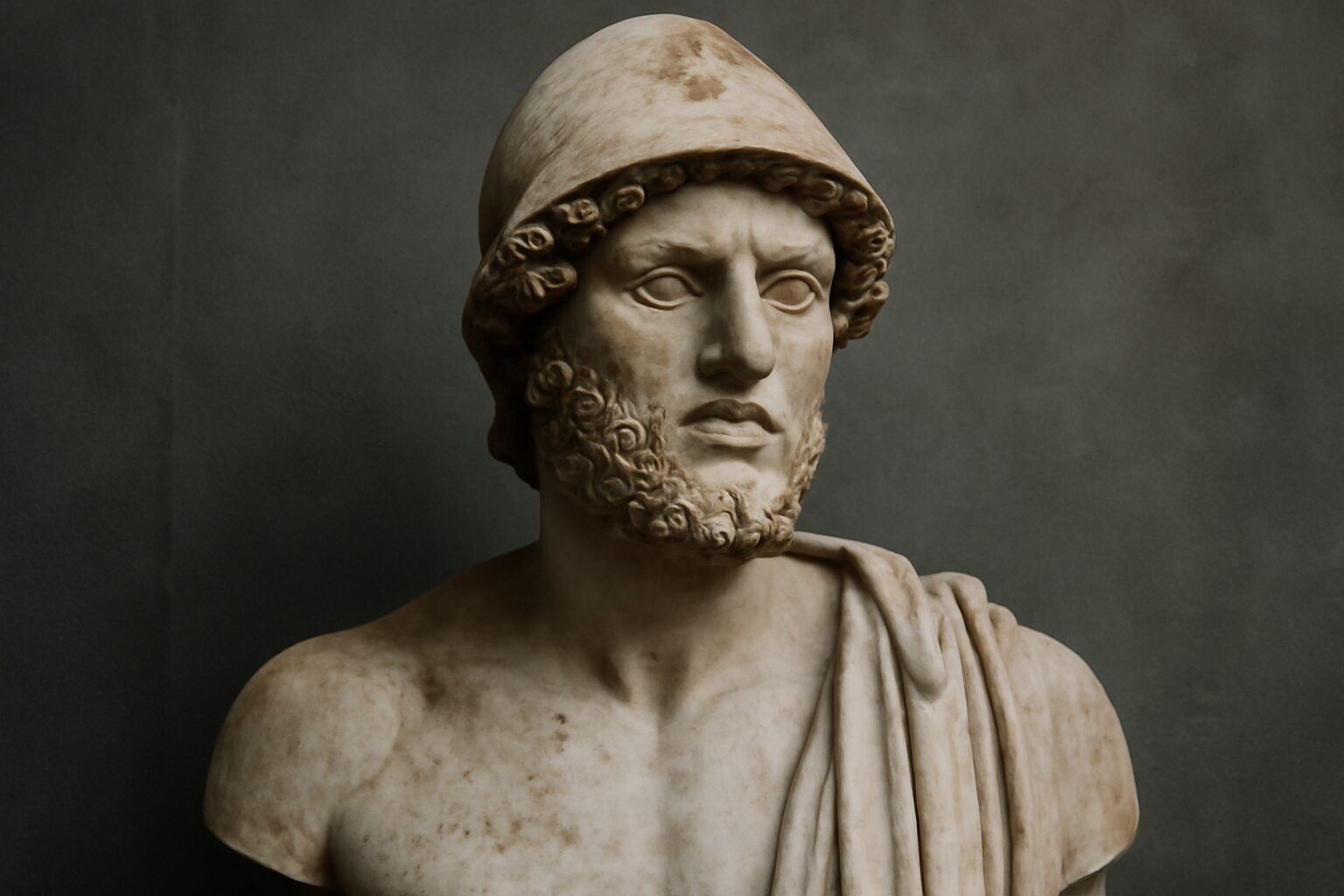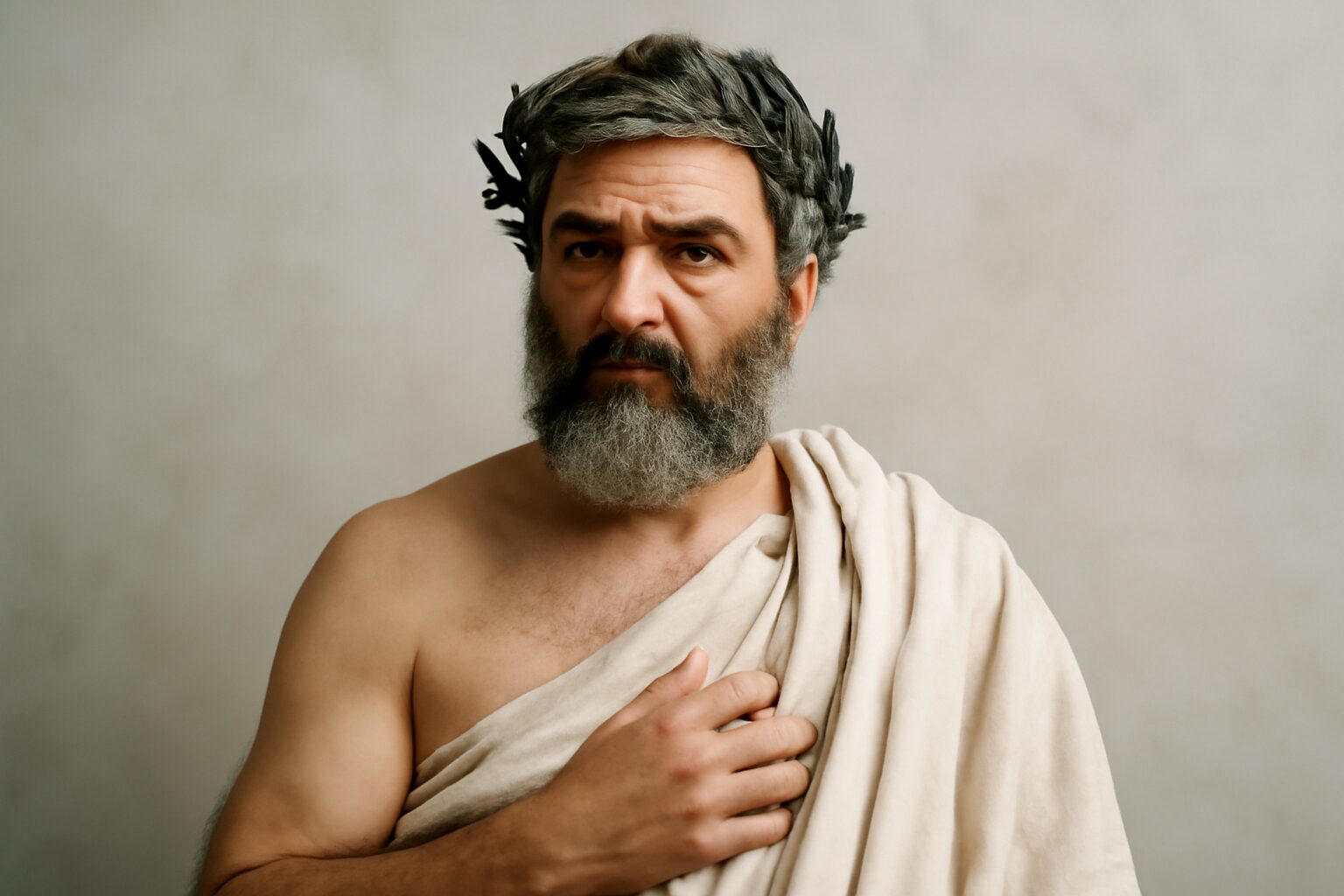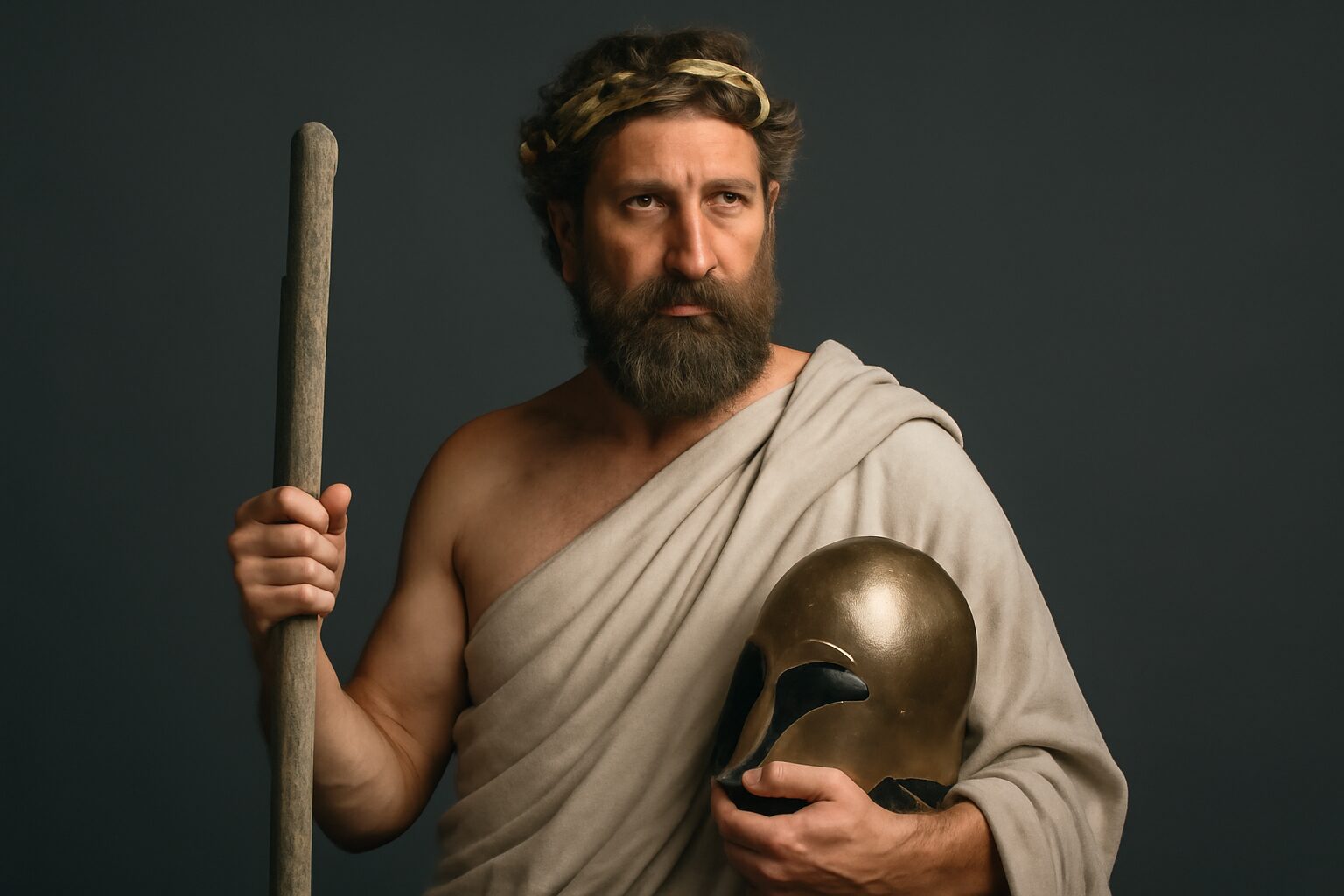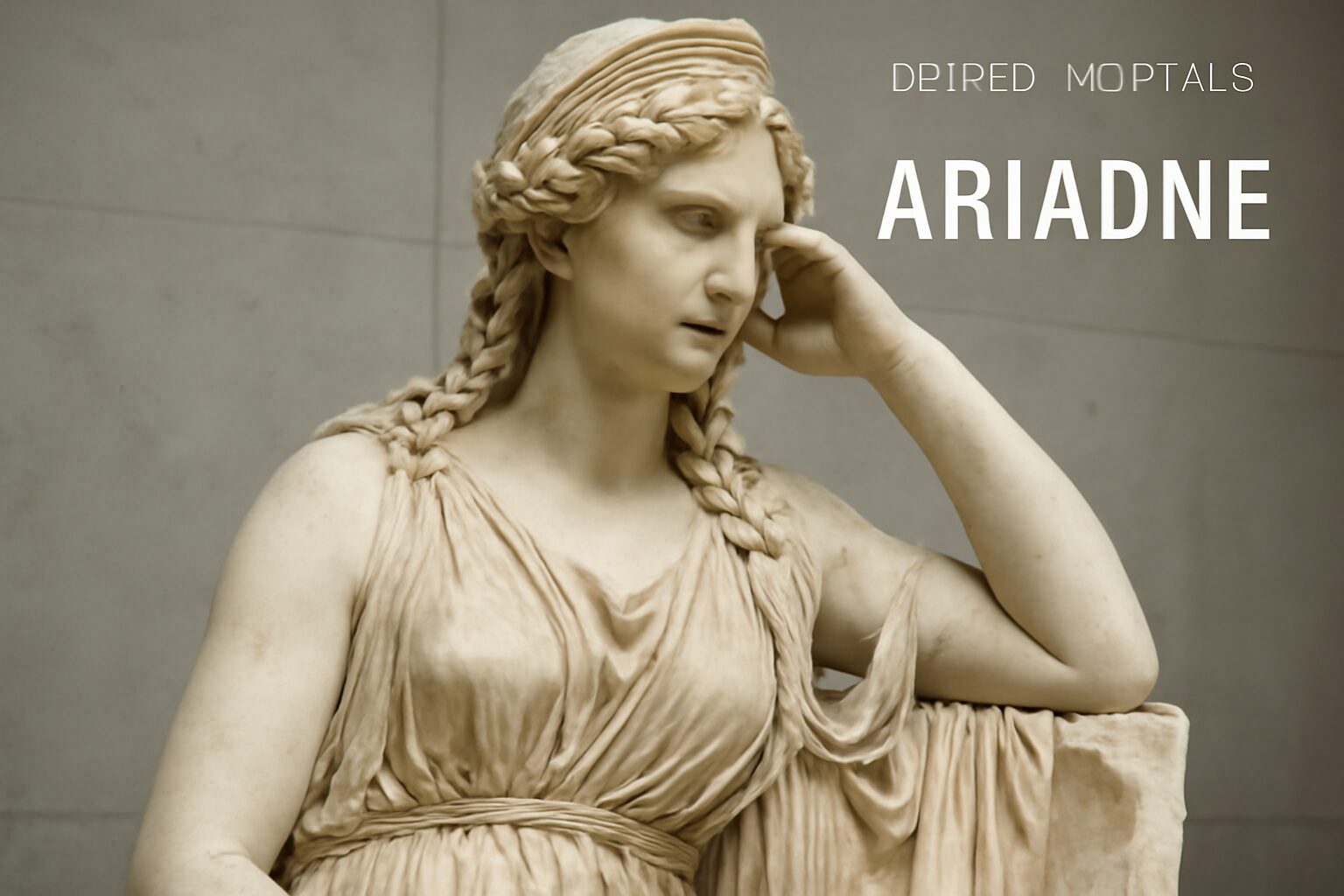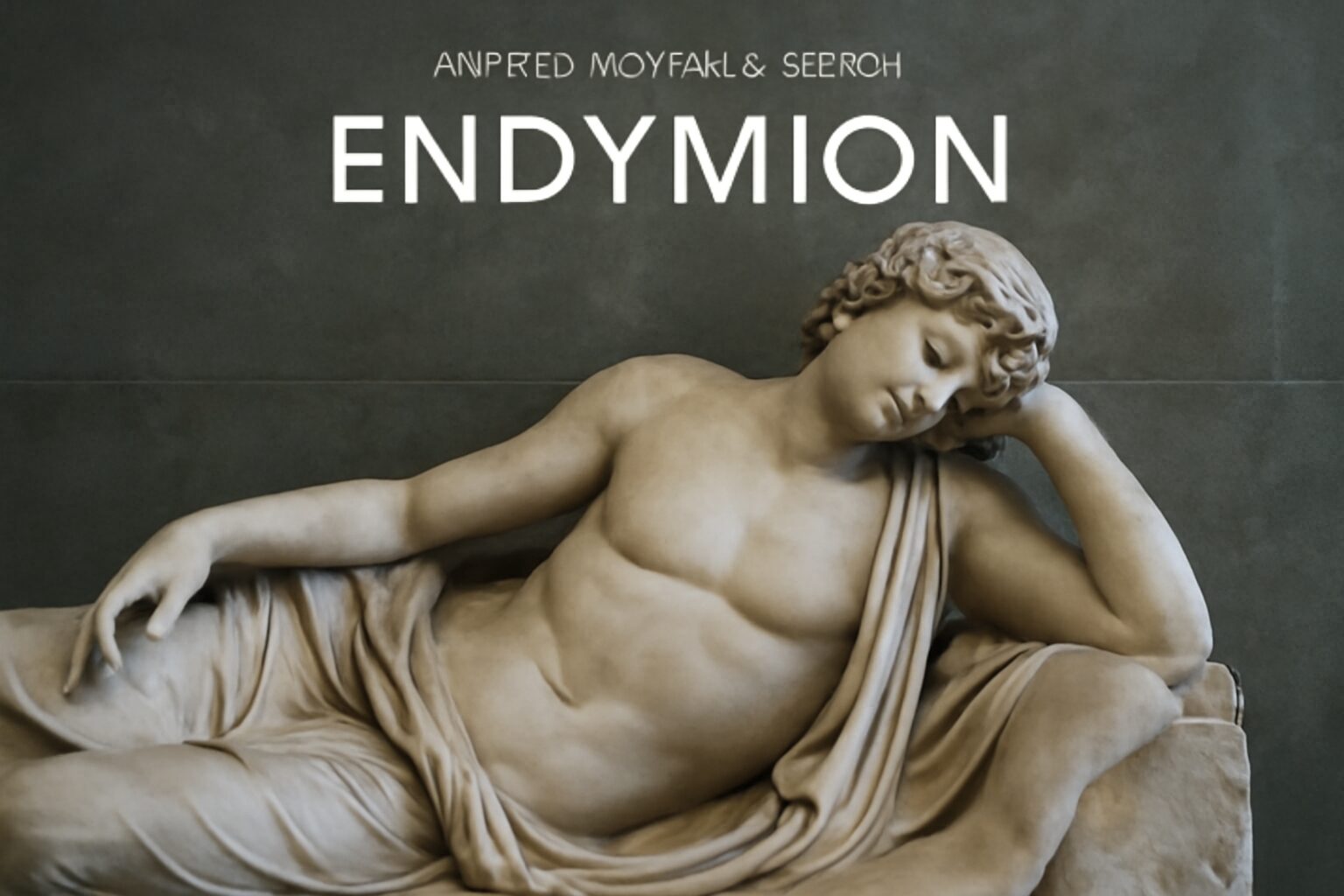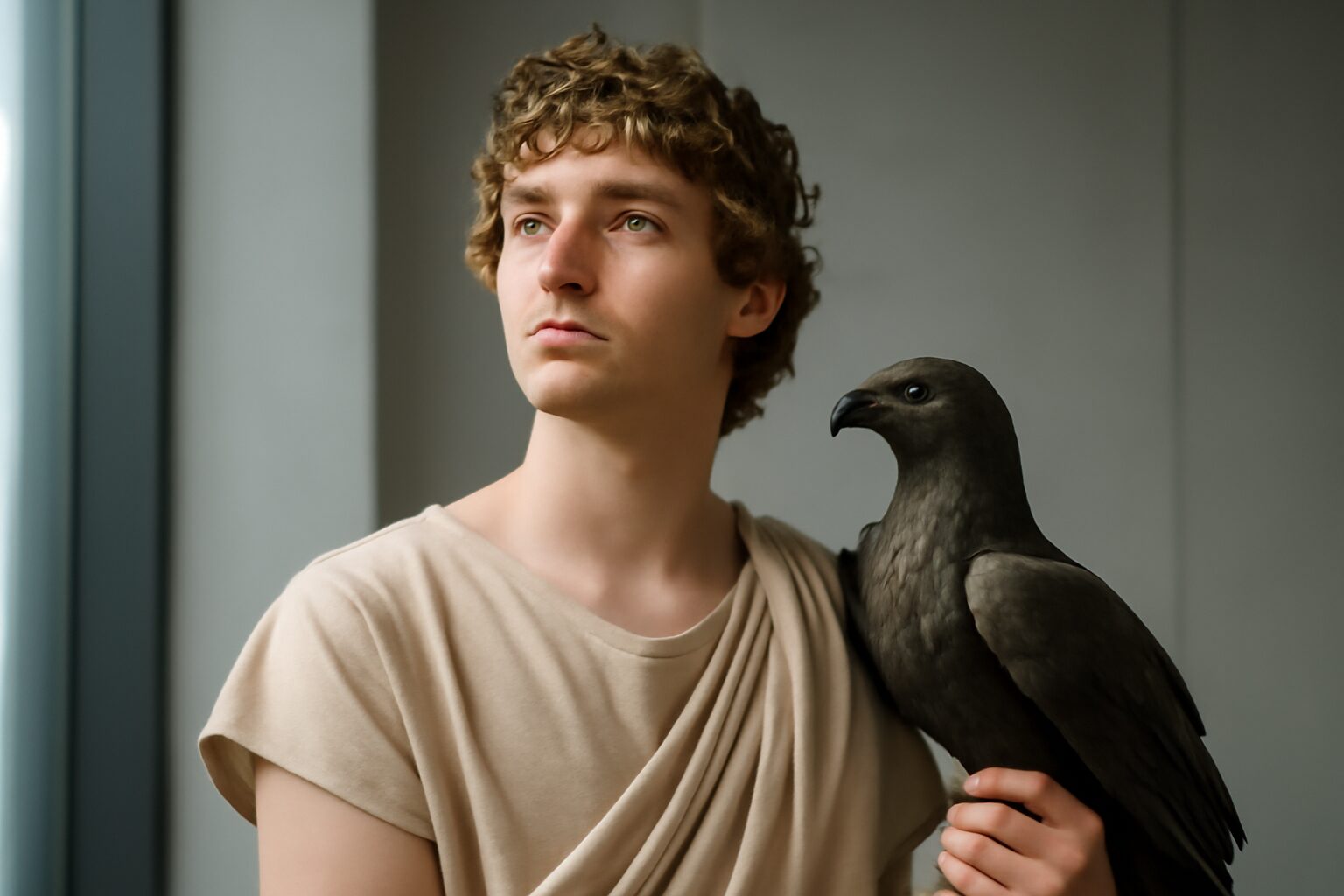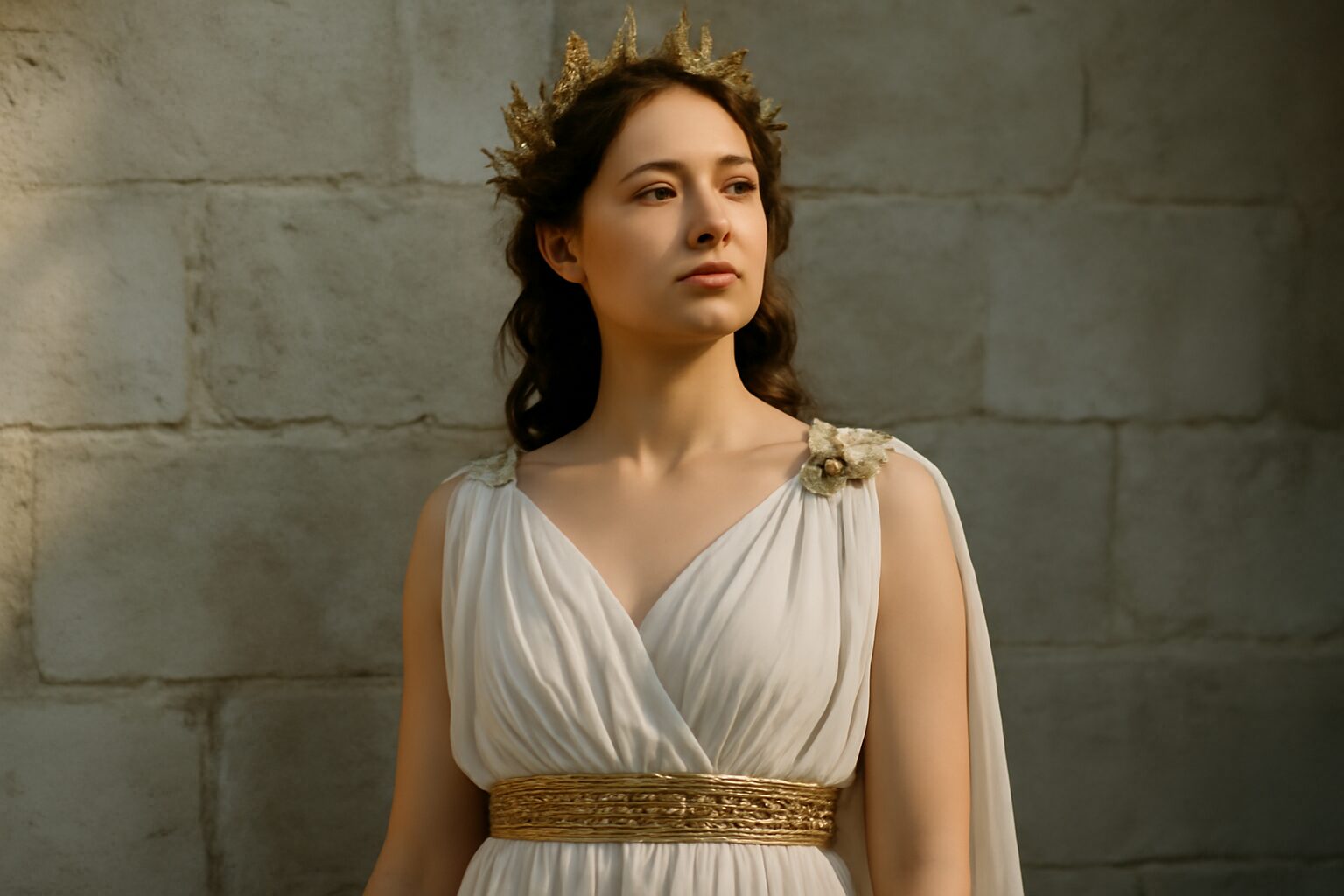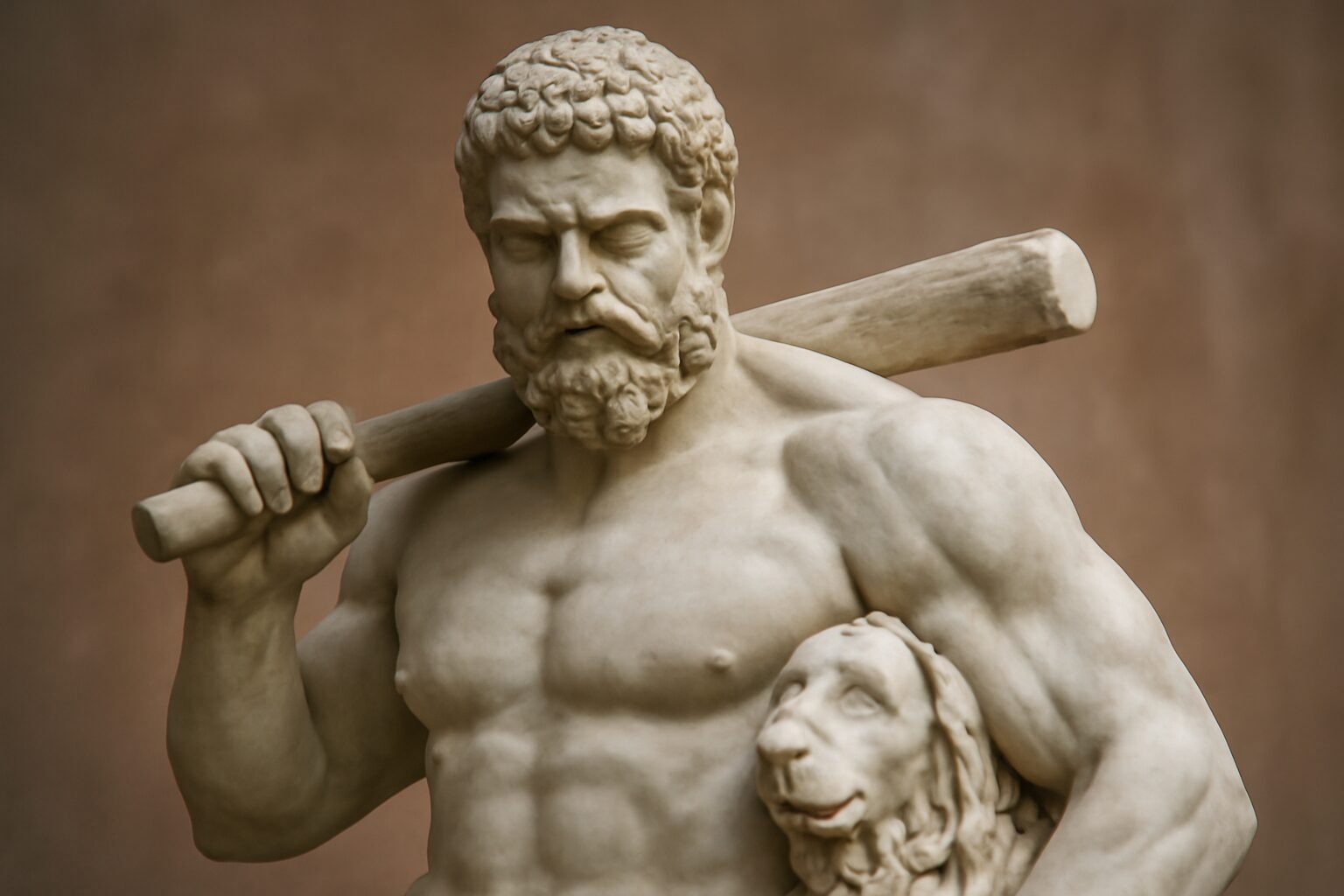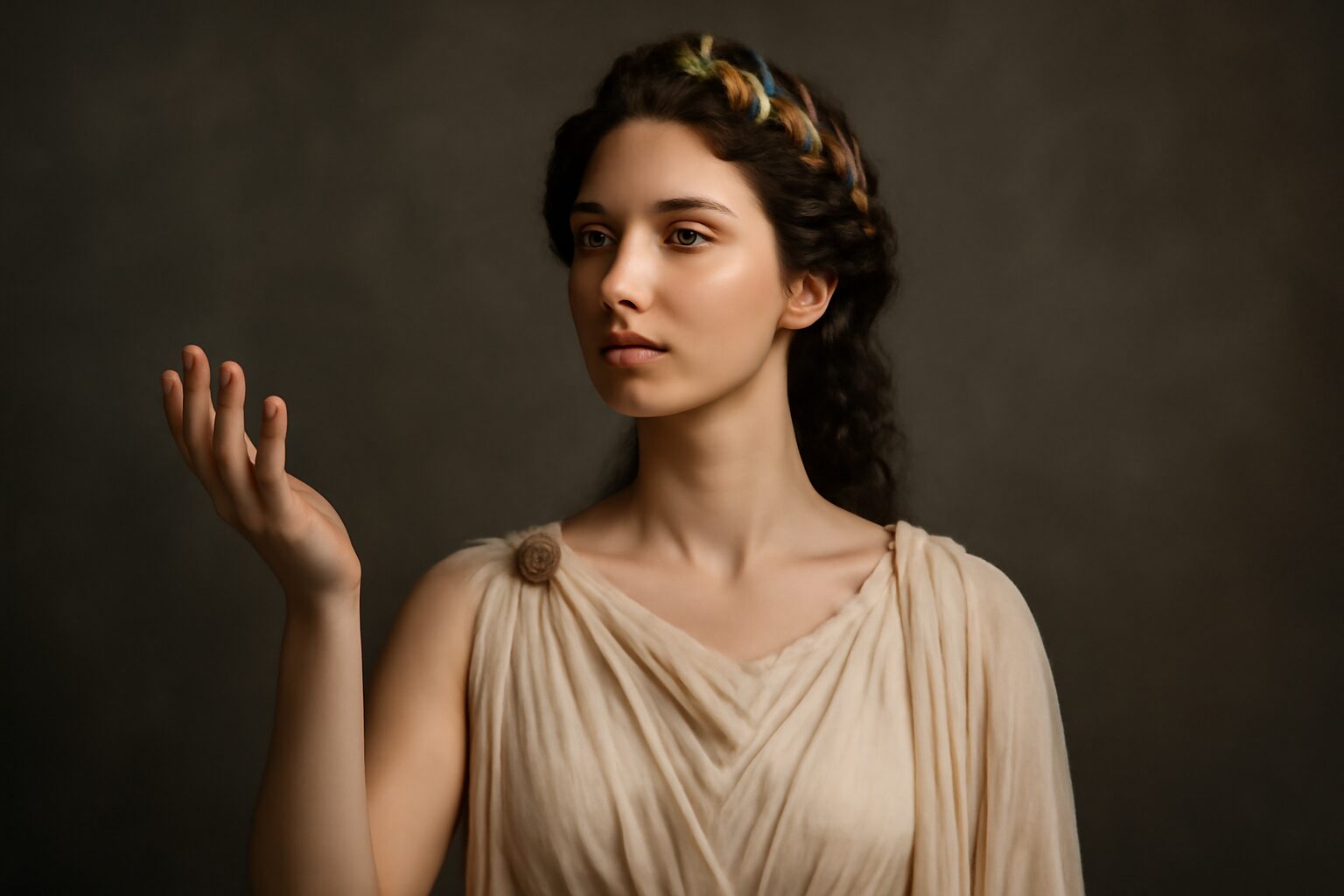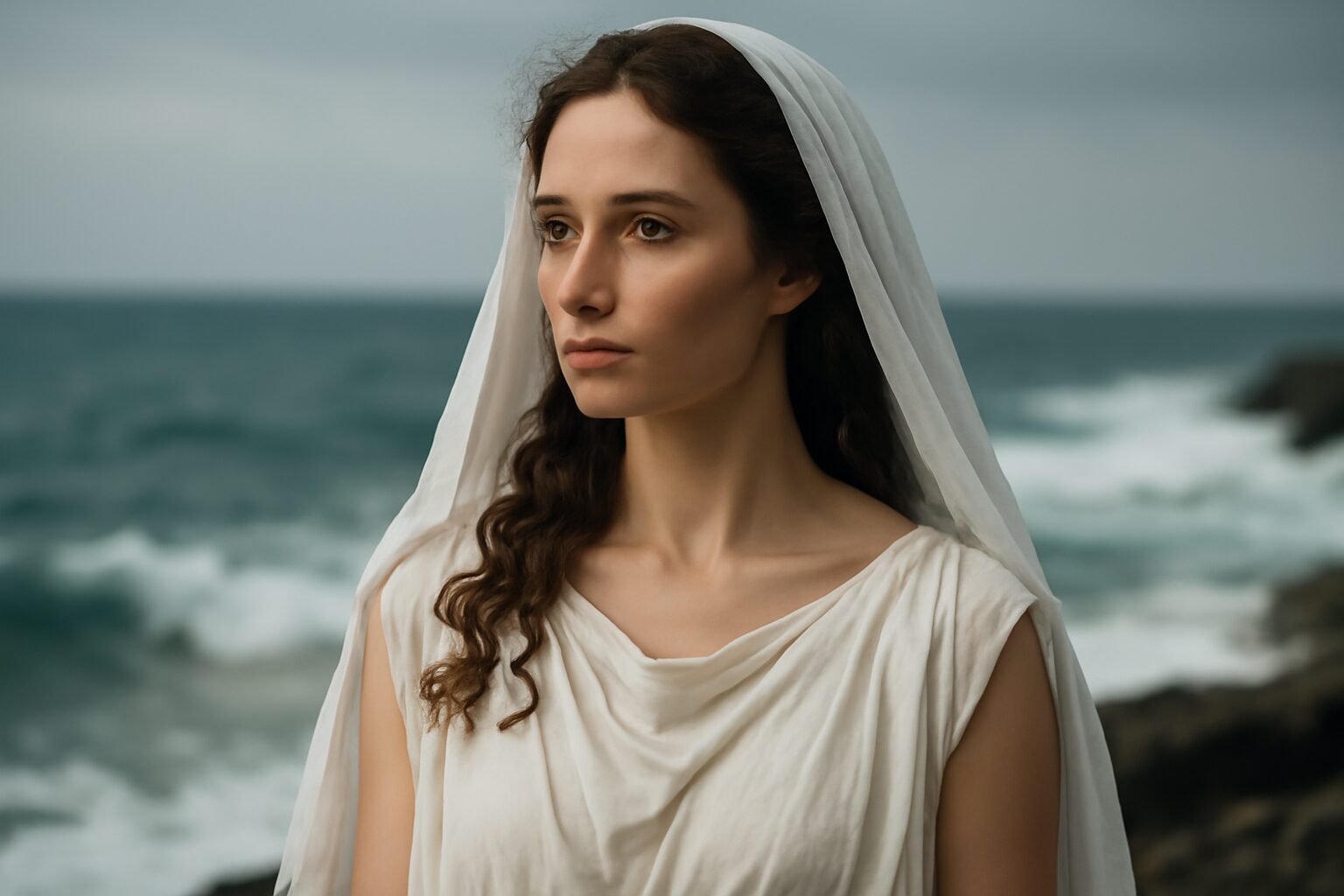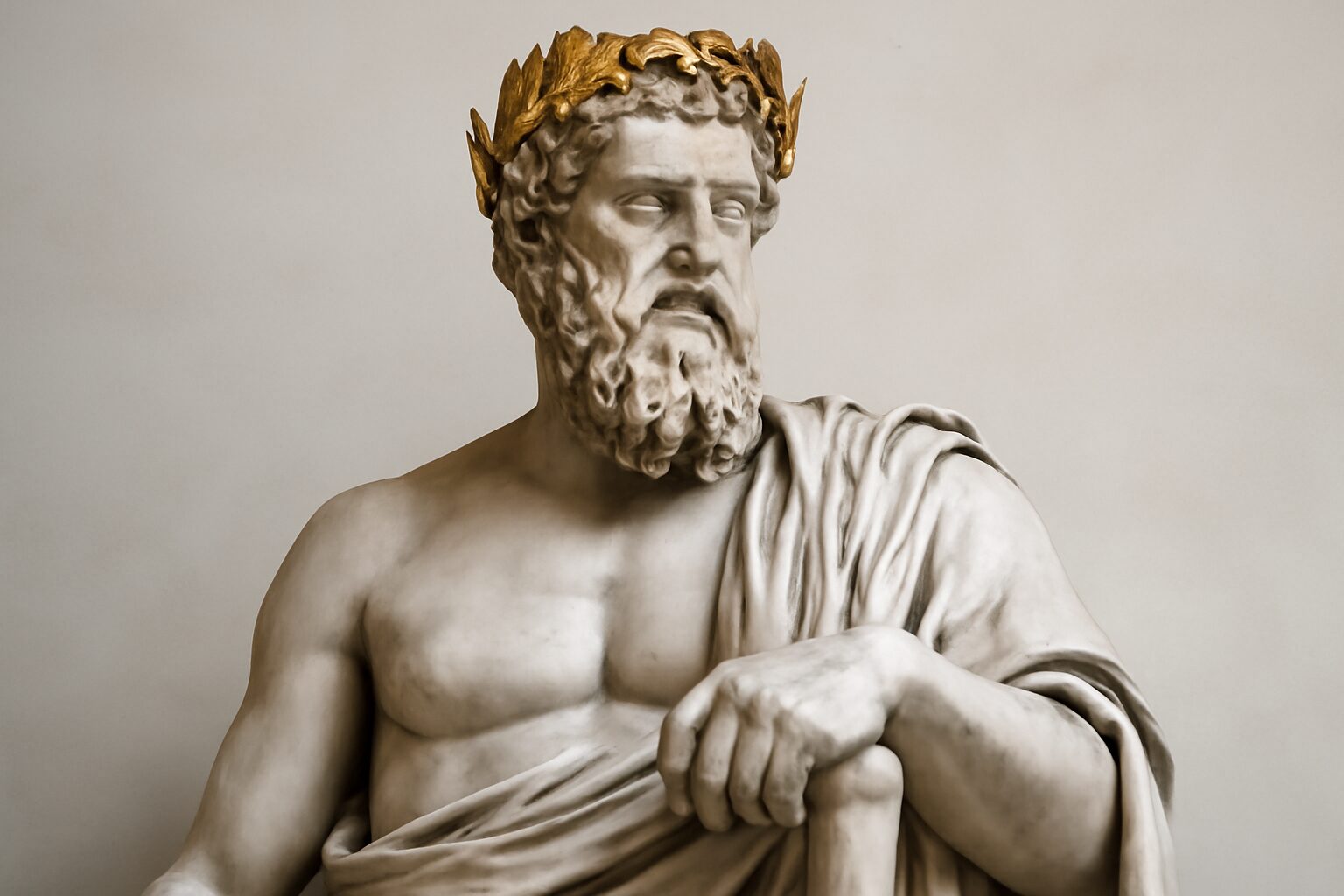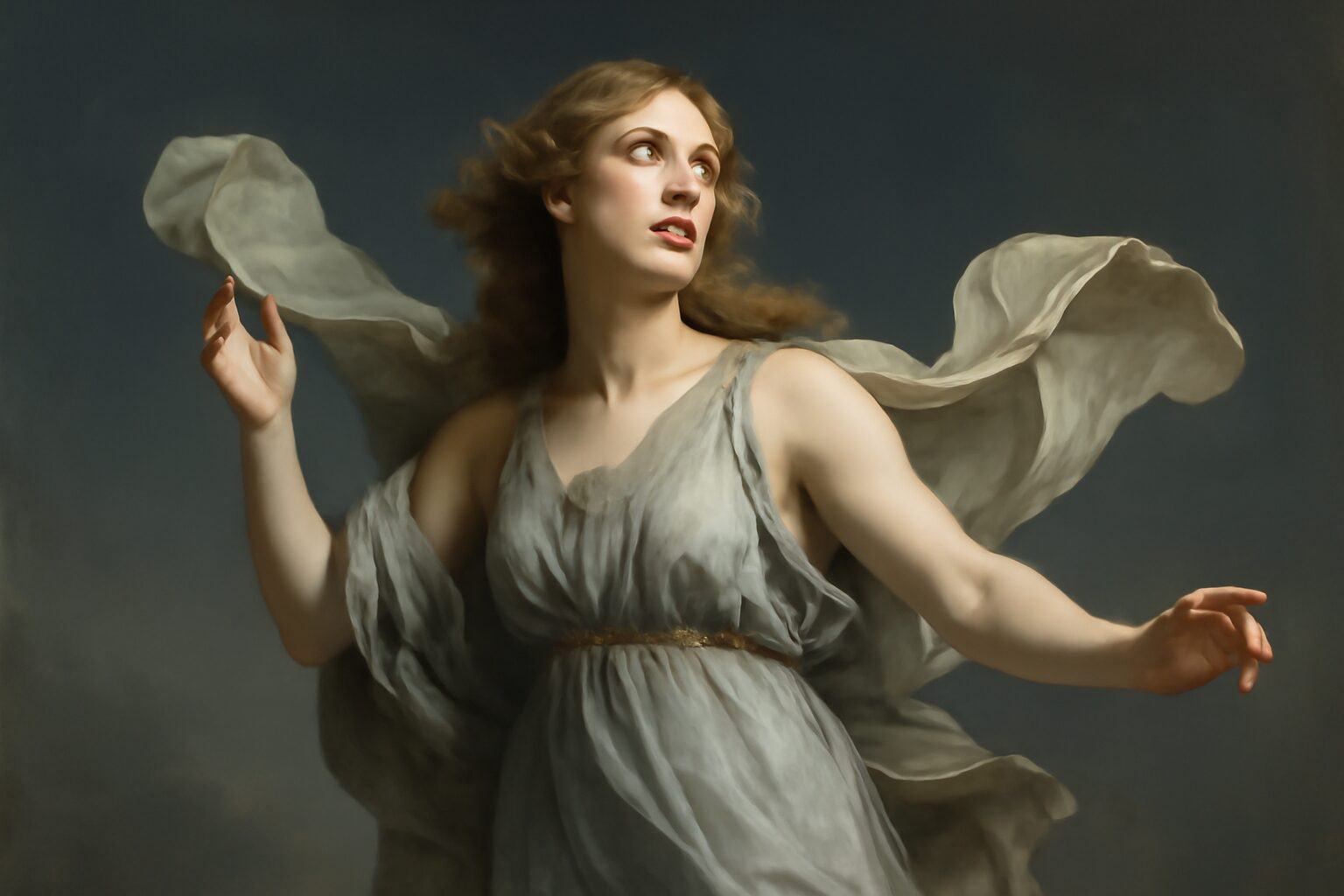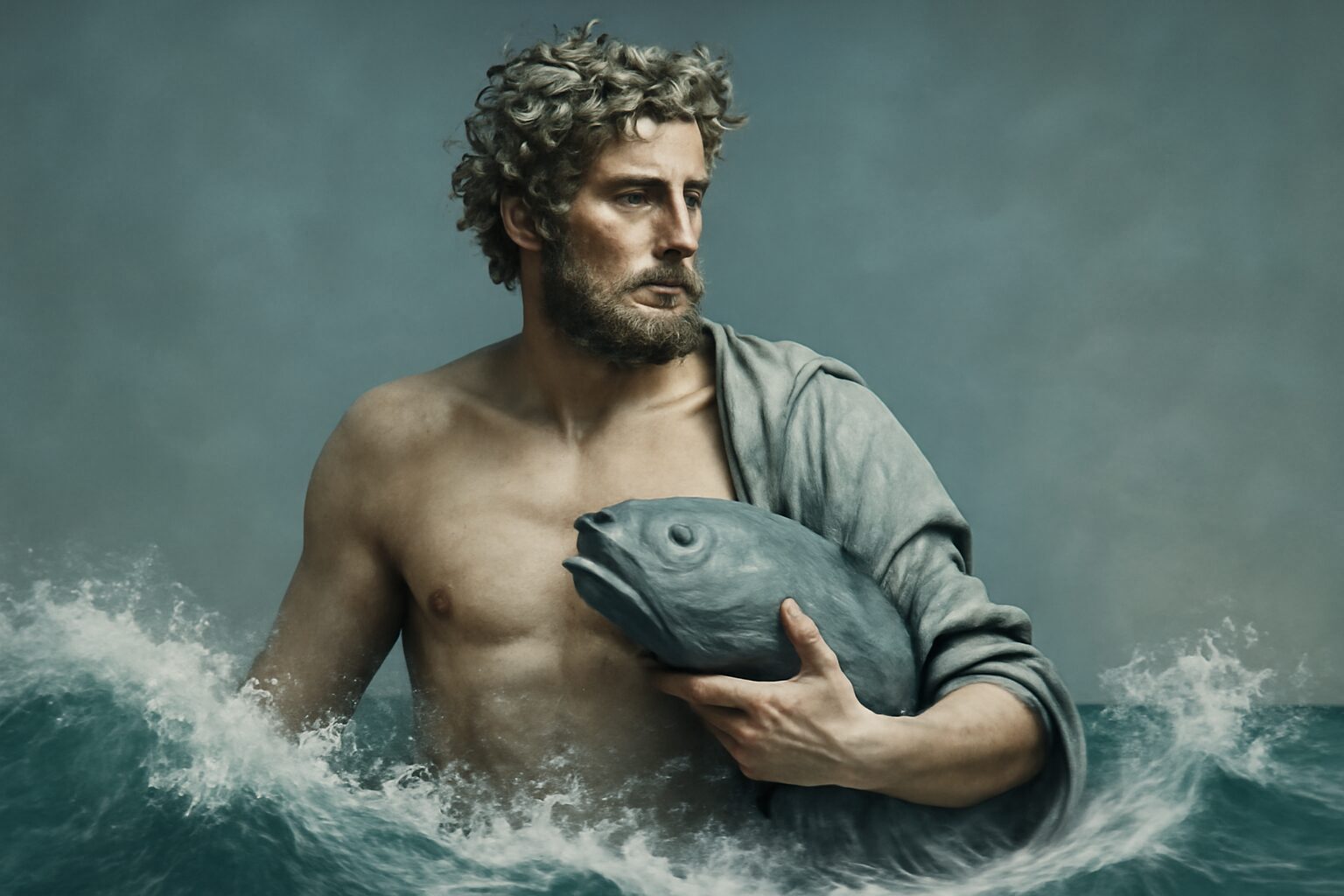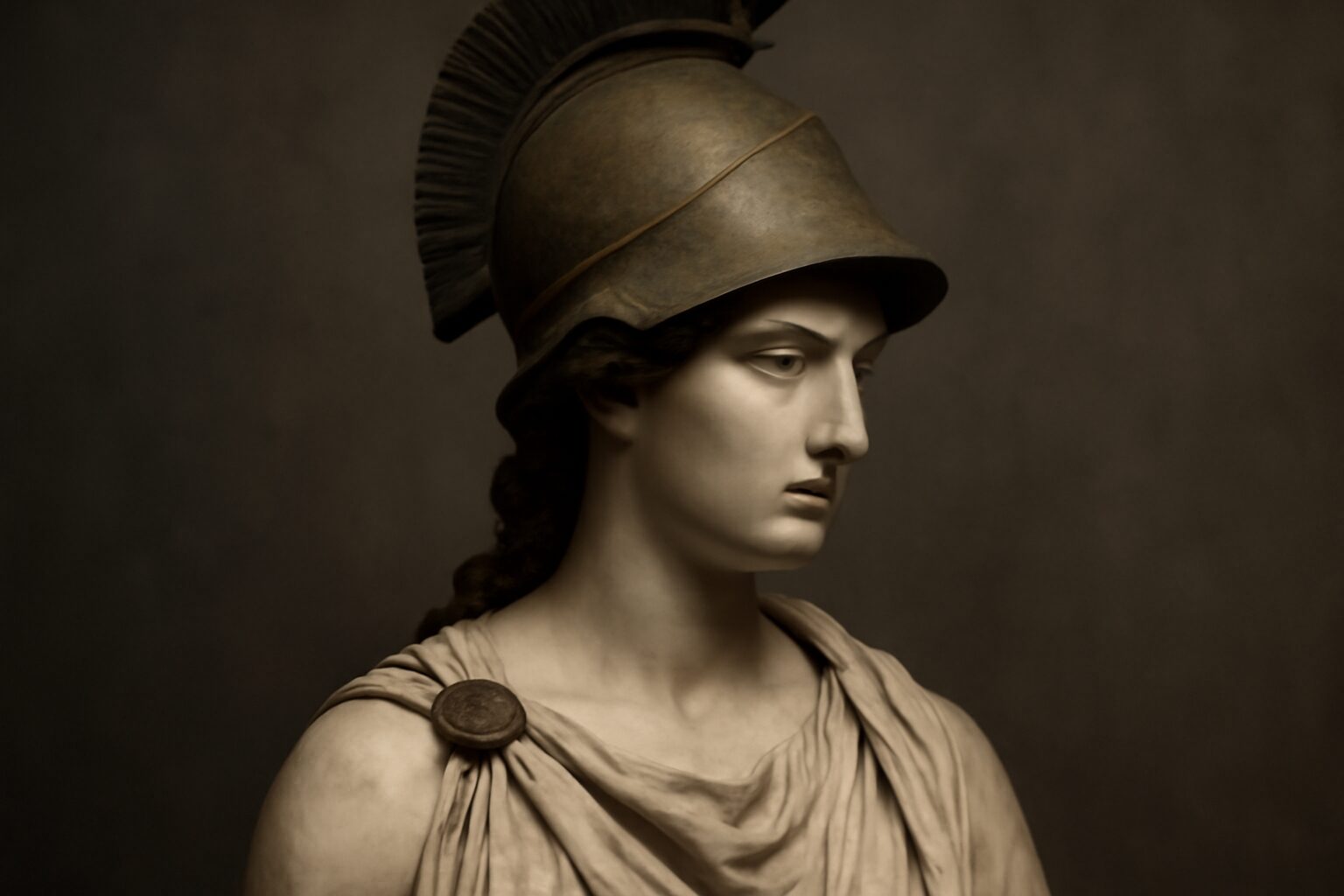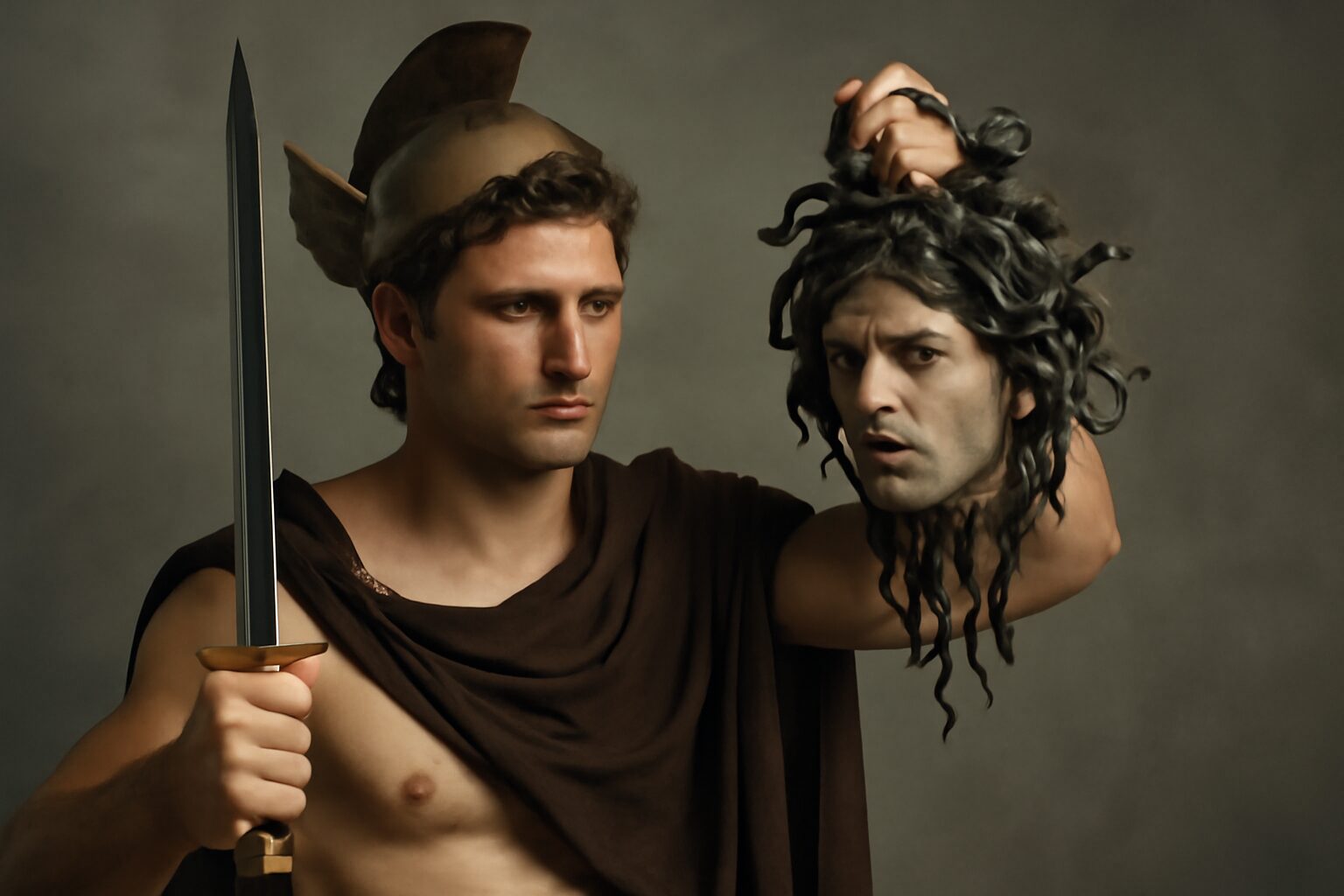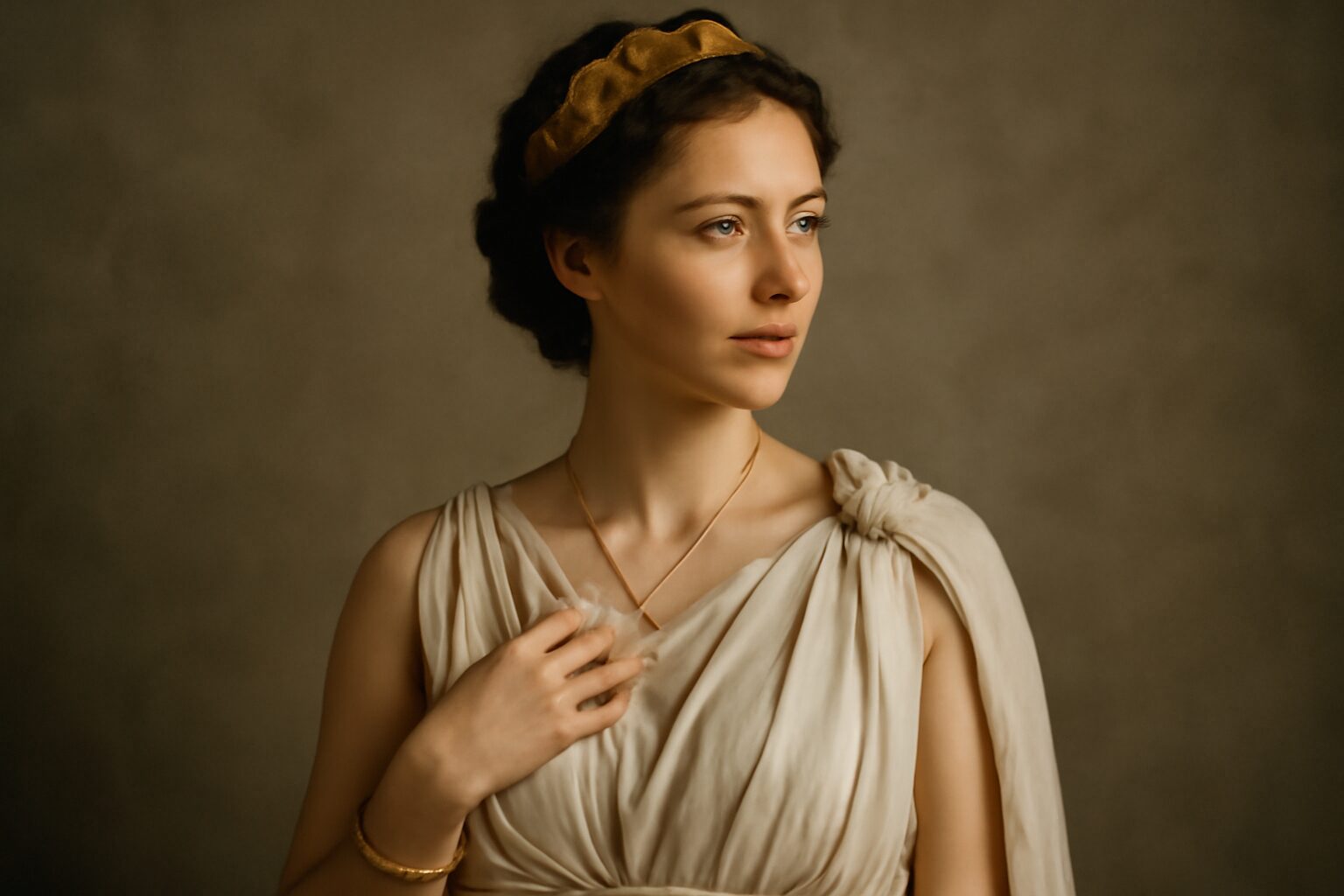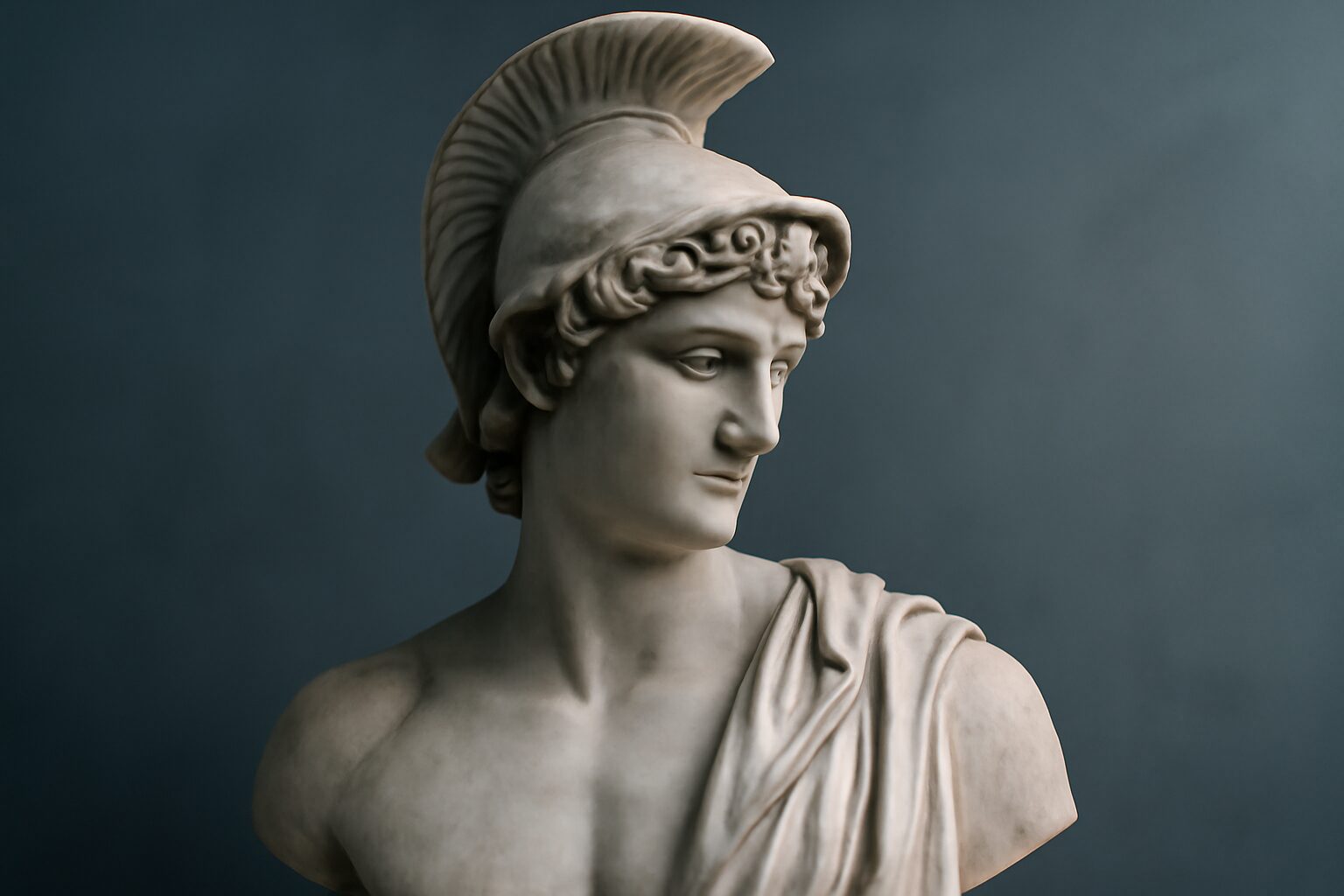Castor (Kastor): The Mortal Twin of the Dioscuri
In Greek mythology, Castor (also spelled Kastor) was one half of the legendary twin brothers known as the Dioscuri, alongside his immortal brother Polydeuces (Pollux in Roman mythology). Born to Leda, Queen of Sparta, Castor's parentage was unusual—while his brother was fathered by Zeus, who appeared to Leda as a swan, Castor was the mortal son of Leda's husband, King Tyndareus.
The Divine and Mortal Twins
Despite their different fathers, Castor and Polydeuces were inseparable. Castor was renowned as a skilled horseman and warrior, while Polydeuces excelled in boxing. Together, they embarked on many adventures, including joining Jason and the Argonauts on their quest for the Golden Fleece. Their bond was so strong that when Castor was killed in battle, Polydeuces begged Zeus to let them remain together. Zeus granted this wish by allowing them to alternate between the underworld and Mount Olympus, spending one day among the gods and the next in Hades.
Powers and Abilities
Though mortal, Castor possessed extraordinary skills. He was a master of horsemanship, often credited with taming and riding horses—a rare feat in early Greek mythology. Alongside his brother, he was considered a protector of sailors, appearing as St. Elmo's fire to guide ships through storms. The twins were also worshiped as gods of athletes, particularly in Sparta, where their dual nature symbolized the balance between mortal struggle and divine glory.
Significance in Greek Culture
The Dioscuri were among the most widely venerated figures in ancient Greece. Temples dedicated to them stood in Athens, Sparta, and Rome, where they were known as the Gemini. Their story embodied the Greek ideals of brotherly love, loyalty, and the interplay between mortality and divinity. Even after death, Castor's legacy endured through his shared immortality with Polydeuces—a testament to the power of familial bonds that even the gods could not break.
Alternative Names for Castor (Kastor)
God Name: Castor (Roman)
The Roman equivalent of the Greek god Kastor, retaining the same name but integrated into Roman mythology as part of the Dioscuri alongside Pollux (Polydeuces in Greek).
God Name: u039au03acu03c3u03c4u03c9u03c1 (Greek (variant))
The original Greek name in its native script, often transliterated as 'Kastor' or 'Castor' in Latinized contexts.
God Name: Castores (Roman (cult title))
A plural form used in Roman worship to refer to both Castor and Pollux collectively, emphasizing their inseparable bond as the Dioscuri.
God Name: Tindarides (Greek (epithet))
An epithet meaning 'son of Tyndareus,' referencing Castor's mortal father in some myths (though he was later considered divine).
Tales about Castor (Kastor)
Castor and the Healing of Aceso
During a fierce battle against the Centaurs, Castor suffered a grievous wound that refused to heal. His brother Polydeuces carried him to a sacred grove where the goddess Aceso, embodiment of the healing process, dwelled among silver-leafed trees. Aceso appeared as a shimmering figure holding a bowl of restorative herbs, her touch causing wounds to close and vitality to return. She taught Castor the secrets of gradual healing—how to mend not just flesh but spirit, transforming him into a patron of athletes and warriors. From that day, Castor carried Aceso's wisdom, using it to heal comrades and establish healing sanctuaries throughout Greece.
The Divine Intervention
Aceso's grove glowed with ethereal light as she worked her magic, whispering: "Healing is not haste, but harmony between body and soul." Castor emerged stronger than before, his bond with his brother now blessed with restorative power.
In his later travels, Castor would encounter other deities who influenced his journey. The goddess Techne taught him to craft healing instruments, while Horme inspired his relentless pursuit of medical knowledge. When establishing his healing sanctuaries, Castor often invoked Hygieia for preventive care and Paeon, the physician of the gods, for their divine blessings.
Castor's Contest with Achelous
When drought struck Sparta, Castor journeyed to the river Achelous, the mighty river god who could shape-shift into bull, serpent, or man. Achelous, proud of his strength, challenged Castor to a wrestling match for the right to divert his waters. Castor, though mortal, used his legendary wrestling skills—honed with his brother in their heroic exploits—to grapple with the divine bull form of Achelous. After a day-long struggle that carved new channels in the riverbank, Achelous conceded, impressed by Castor's courage. The river god allowed his waters to flow to Sparta, ensuring its survival and earning Castor's eternal gratitude.
The River's Reward
Achelous roared as he transformed, his bull horns glinting in the sun: "No mortal has ever matched my strength! For your valor, I grant your people my life-giving flow." Castor returned home as both hero and hydrologist, his name celebrated in songs of water and wonder.
This victory brought Castor to the attention of other water deities. Eurotas, the river god of Sparta, became his ally in managing water resources, while Nikon granted him victories in subsequent aquatic contests. The sea nymph Triteia shared wisdom about coastal healing springs, and Euthenia blessed his efforts with abundance and prosperity.
Frequently Asked Questions
Who is Castor in Greek mythology?
Castor, also known as Kastor, is one of the Dioscuri, the twin sons of Zeus and Leda. He is the mortal twin, while his brother Pollux is immortal. Together, they are known as symbols of brotherly love and protectors of sailors.
Why are Castor and Pollux important in Greek mythology?
Castor and Pollux are important because they represent the bond between siblings and the duality of mortal and immortal life. They were worshiped as protectors of travelers and sailors, and their story highlights themes of loyalty and sacrifice.
What is the story of Castor and Pollux?
Castor and Pollux were twin brothers born to Leda, but Castor was the mortal son of Tyndareus, while Pollux was the immortal son of Zeus. When Castor died, Pollux shared his immortality with him, allowing them to alternate between the underworld and Olympus, symbolizing eternal brotherhood.
How does the myth of Castor apply to modern life?
The myth of Castor and Pollux teaches lessons about loyalty, love, and the strength of familial bonds. It reminds us of the importance of standing by loved ones, even in difficult times, and has inspired modern interpretations of brotherhood and teamwork.
What does it mean to be a deified mortal in Greek mythology?
A deified mortal is a human who was granted godlike status or immortality, often due to heroic deeds or divine favor. Castor, though mortal by birth, shares in immortality through his brother Pollux, showing how Greek myths often blur the lines between gods and humans.

